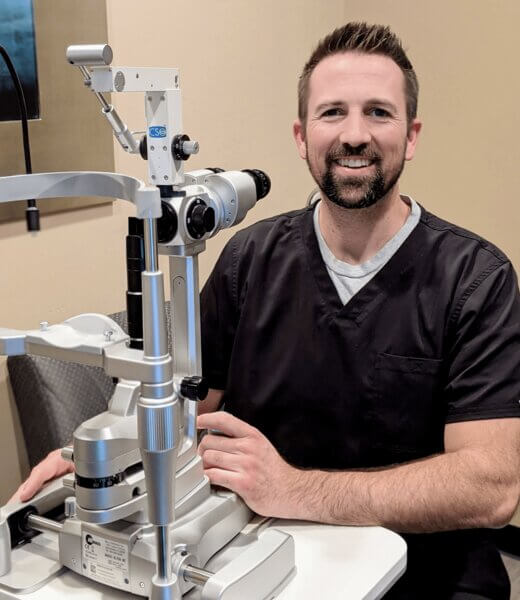Cataract surgery is a transformative procedure that can significantly improve vision and quality of life for those suffering from cataracts. If you or a loved one are considering cataract surgery, it’s crucial to be well-informed about the entire process. From cataract surgery preparation to post-operative recovery, this comprehensive guide will walk you through every step, answering common questions and offering valuable insights.
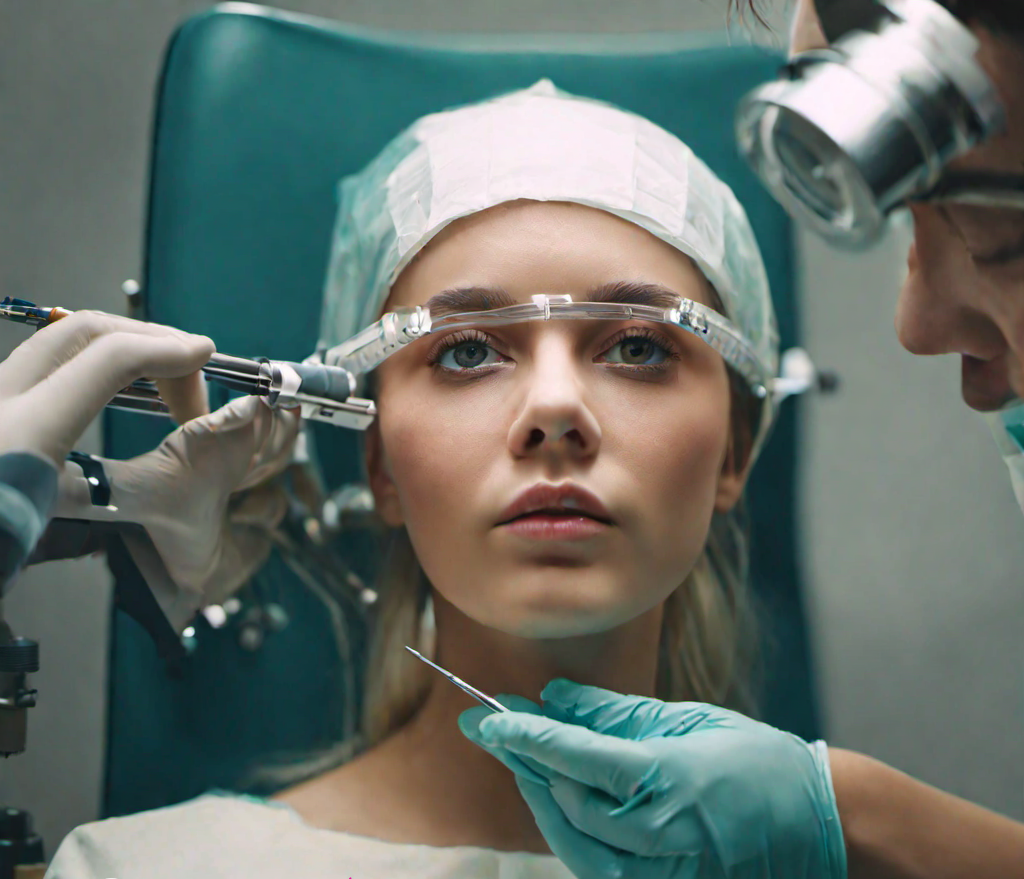
Cataract Surgery Preparation: Setting the Stage for Success
Before embarking on your cataract surgery journey, thorough preparation is key. This phase involves a series of essential steps to ensure the surgery goes smoothly and maximizes the likelihood of a successful outcome.
Preoperative Instructions for Cataract Surgery
Following your eye doctor’s preoperative instructions is paramount. These instructions often include guidelines on medication, fasting, and other specific preparations needed before the surgery. Adhering to these guidelines helps reduce potential complications during and after the surgery.
Steps Before Cataract Surgery
The steps leading up to cataract surgery involve various assessments and evaluations. These may encompass an overall health evaluation, detailed eye examinations, and measurements to determine the correct lens implant for your eye. Additionally, your eye surgeon will discuss any potential risks and benefits associated with the procedure.
Eye Health Assessment for Surgery
A comprehensive eye health assessment is a critical aspect of cataract surgery preparation. Your ophthalmologist will evaluate the overall health of your eyes, assess any underlying conditions, and determine the appropriate surgical approach. This assessment contributes to tailoring the surgery to your unique needs.
Preparing for Cataract Operation: Mental and Emotional Readiness
Preparing mentally for cataract surgery is as important as physical preparation. Feelings of anxiety and uncertainty are natural, but understanding the procedure and discussing any concerns with your surgeon can alleviate these emotions. Having a positive mindset can contribute to a smoother surgical experience.
What to Do Before Cataract Surgery
In the days leading up to your surgery, it’s crucial to follow the preoperative instructions closely. Make arrangements for transportation to and from the surgical center, arrange for post-operative care, and ensure your living space is conducive to recovery. Having a clear plan in place minimizes stress on the day of the procedure.
Cataract Surgery Readiness: Knowledge is Power
Understanding the ins and outs of cataract surgery is empowering. Educate yourself about the surgical process, anesthesia options, and what to expect during the recovery period. Armed with knowledge, you’ll approach the procedure with confidence and a sense of control.
Patient Guide for Cataract Surgery: Navigating the Journey
Being well-informed is crucial for patients undergoing cataract surgery. This patient guide provides comprehensive information about the entire process, addressing concerns, offering insights, and ensuring you have the information needed to make informed decisions.
Getting Ready for Cataract Surgery: Physical and Mental Preparation
Preparing Mentally for Cataract Surgery: Facing Apprehensions
Cataract surgery might be a routine procedure, but it’s natural to feel apprehensive. Acknowledge your concerns and discuss them with your surgeon. Engage in relaxation techniques, meditation, or deep breathing exercises to help ease anxiety.
Physical Preparation for Cataract Surgery: The Importance of Health
Prior to surgery, prioritize your overall health. Follow a balanced diet, engage in light exercise, and maintain good hydration. These simple steps can positively impact your body’s ability to heal and recover after the surgery.
Medications Before Cataract Operation: Follow Medical Guidance
Your eye doctor will provide instructions regarding medications before the surgery. This might involve discontinuing certain medications that could interfere with the procedure or recovery. Always adhere to your doctor’s recommendations.
Clearing Doubts About Cataract Surgery: Ask Questions
It is normal to have queries and worries regarding cataract surgery. Don’t hesitate to ask your surgeon about the procedure, potential risks, and expected outcomes. Clearing these doubts can provide you with peace of mind.
Eye Examination Before Surgery: Precision and Planning
An extensive eye examination before surgery is crucial. Measurements of your eye’s dimensions and corneal curvature help determine the correct lens implant.This individualized method guarantees the best possible eyesight correction.
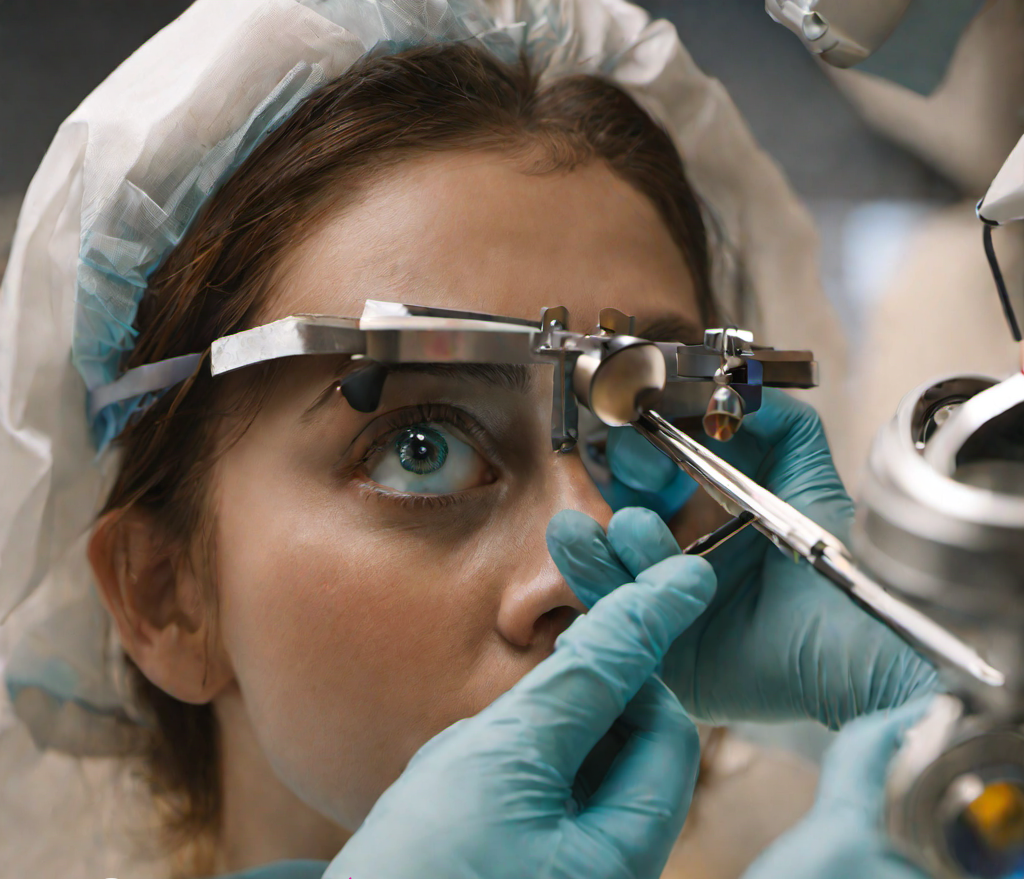
The Surgical Procedure for Cataracts: A Precise and Transformative Process
Cataract surgery involves the removal of the cloudy natural lens and replacing it with an artificial lens implant. This outpatient procedure is relatively quick, and advancements in surgical techniques have made it safer and more effective than ever before.
Anesthesia Options for Cataract Surgery: Ensuring Comfort
Cataract surgery can be performed under local anesthesia or sedation.The best alternative for you will be discussed by your surgeon. Local anesthesia numbs the eye, while sedation keeps you relaxed and comfortable throughout the procedure.
Surgical Procedure for Cataracts: A Closer Look
An incision in the eye is made during the procedure.The cloudy lens is gently broken apart and removed using ultrasound technology. An intraocular lens (IOL) is then inserted, restoring clear vision. The incision is typically self-sealing and doesn’t require stitches.
Recovery After Cataract Operation: What to Expect
After the surgery, you’ll rest briefly in the recovery area before being allowed to go home. It’s common to experience mild discomfort, itchiness, and sensitivity to light.
Risks and Benefits of Cataract Surgery: Weighing the Options
Like any medical procedure, cataract surgery comes with its share of risks and benefits. While the risks are rare, they include infection, bleeding, and retinal detachment. The benefits, however, far outweigh the risks for most patients, leading to improved vision and quality of life.
Preparing for a Successful Post-Operative Recovery
Necessities for Post-Op Recovery: Creating a Comfortable Space
Prepare your living space for a smooth recovery. Have comfortable seating, proper lighting, and essential supplies within reach. Following surgery, you’ll need to avoid strenuous activities and protect your eyes from bright sunlight.
Follow-Up After Cataract Surgery: Monitoring Progress
Your surgeon will schedule follow-up appointments to monitor your healing progress and ensure your vision is improving as expected. These appointments are vital for addressing any concerns and making adjustments if necessary.
Minimizing Complications in Surgery: Expertise Matters
Choosing an experienced surgeon is instrumental in minimizing complications. A skilled surgeon with a track record of successful cataract surgeries can significantly reduce the risk of post-operative issues.
Lifestyle Adjustments Post-Surgery: Embracing a New Vision
Lifestyle Adjustments Post-Surgery: Embracing a New Vision
After cataract surgery, you’ll likely experience improved vision. Embrace this opportunity to enjoy activities you may have been missing out on. Whether it’s reading, gardening, or exploring the outdoors, your new vision opens up
Tatum Eyecare is North Phoenix’s premier family eye care center. We’ve spared no expense to create the most pleasant, comfortable patient experience… including the finest furnishings, the best selection of prescription eyeglass frames, the most cutting-edge technology, and the most outstanding team of industry professionals. Come see why the choice for family eye care in the Valley has never been clearer









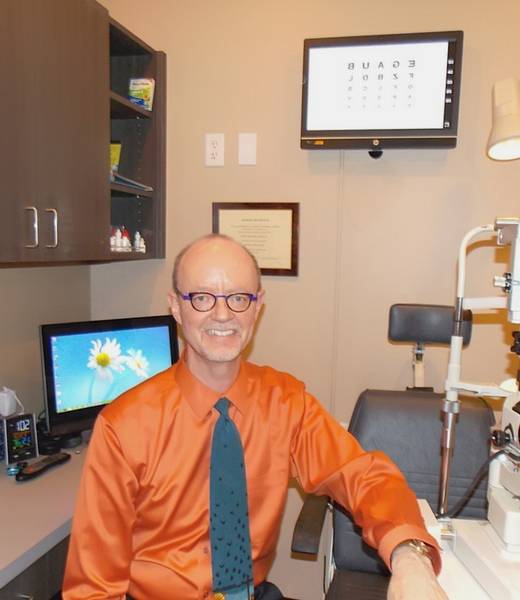

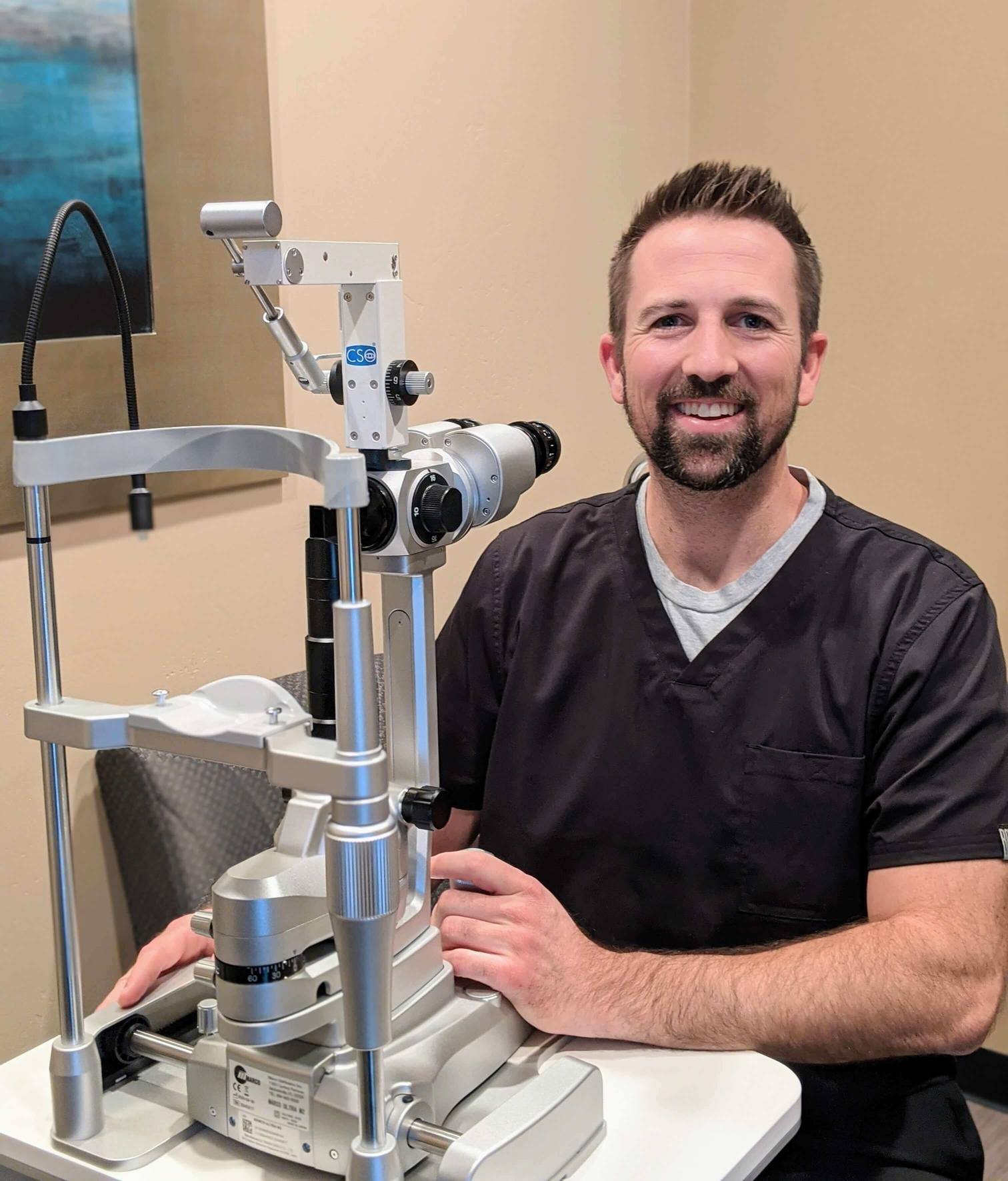



















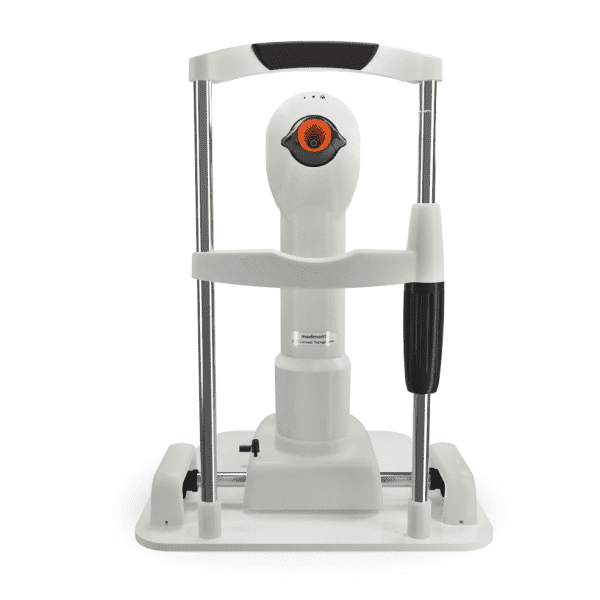
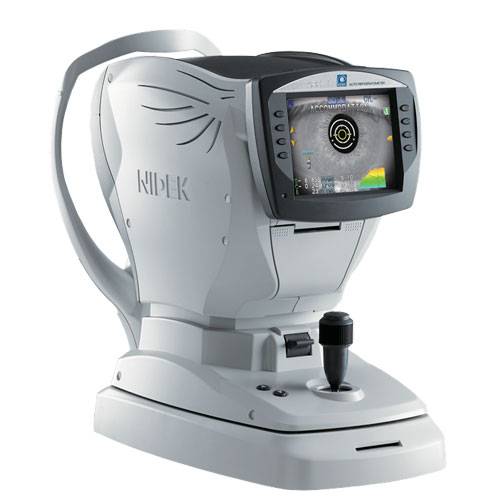

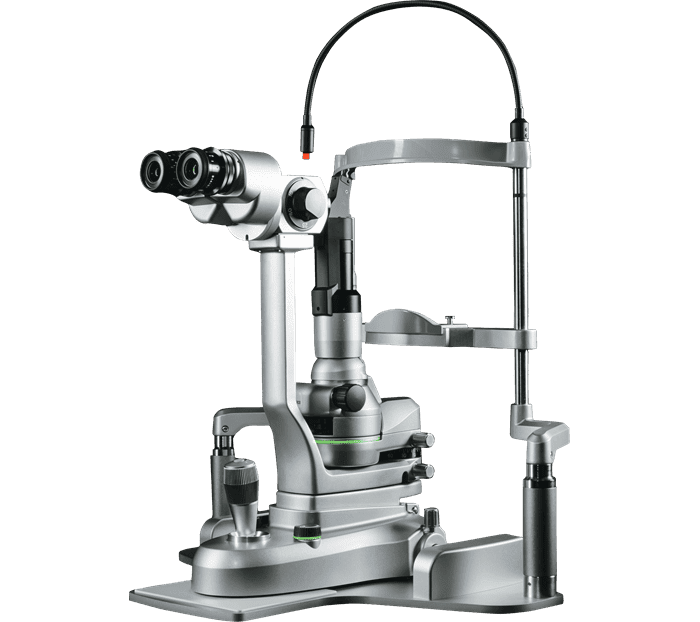
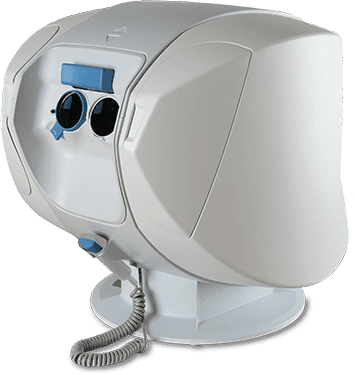
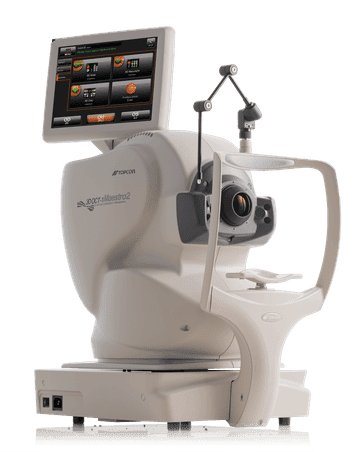
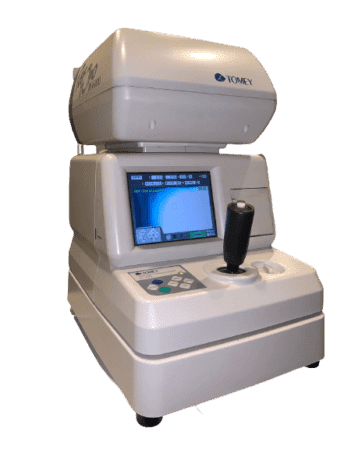
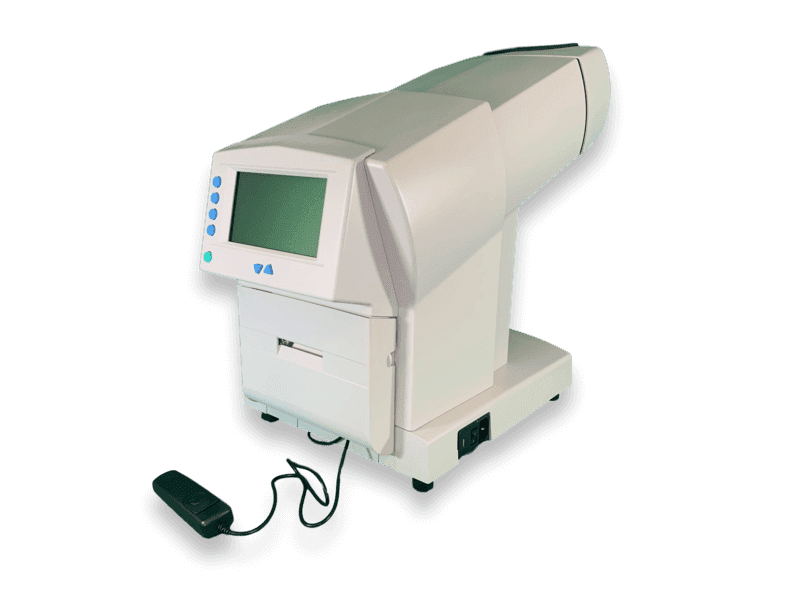

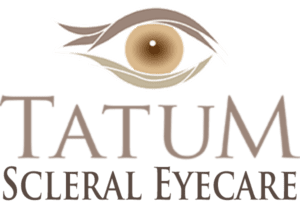
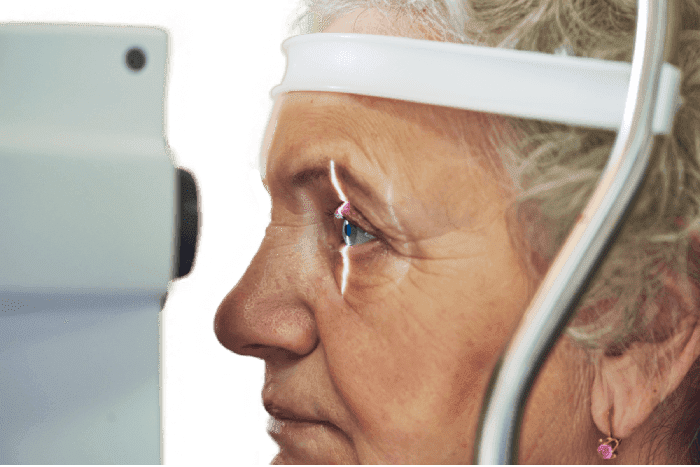
 Dillon Optics, the performance eyewear arm of Dillon Precision, have a unique non-reflective, matte lens appearance incorporated with NIR lens technology. This produces noticeably sharper clarity, and protects the lens from damage and harmful environmental conditions. Perfect for outdoor sports and activities where precision vision is required. Tatum Eyecare carries a wide variety of Dillon Optics eyewear.
Dillon Optics, the performance eyewear arm of Dillon Precision, have a unique non-reflective, matte lens appearance incorporated with NIR lens technology. This produces noticeably sharper clarity, and protects the lens from damage and harmful environmental conditions. Perfect for outdoor sports and activities where precision vision is required. Tatum Eyecare carries a wide variety of Dillon Optics eyewear.




